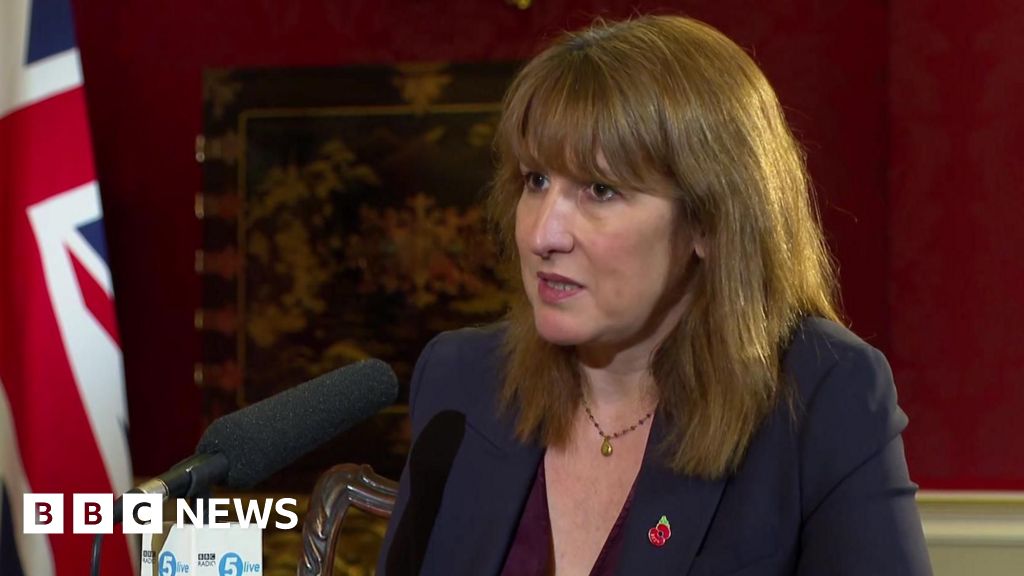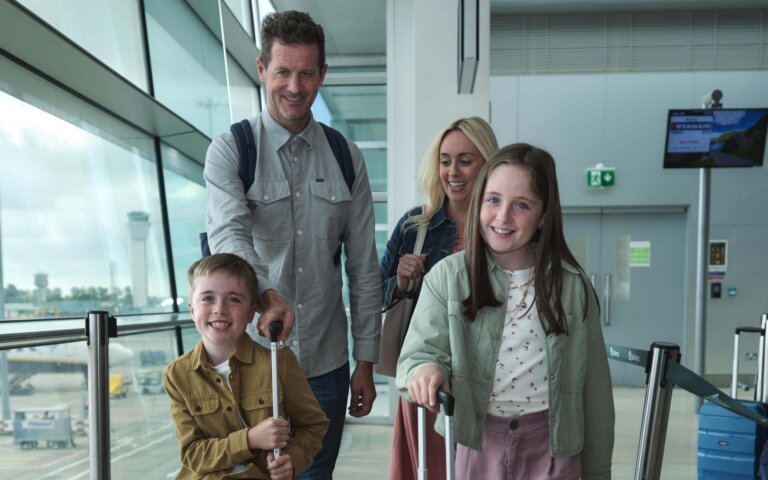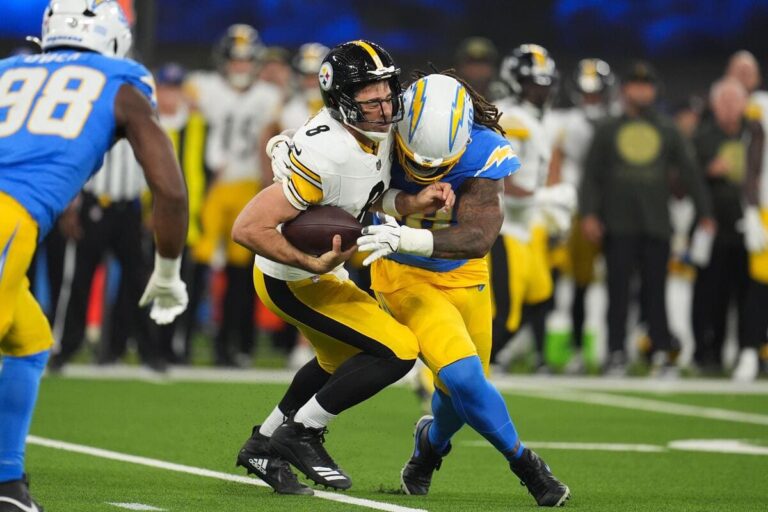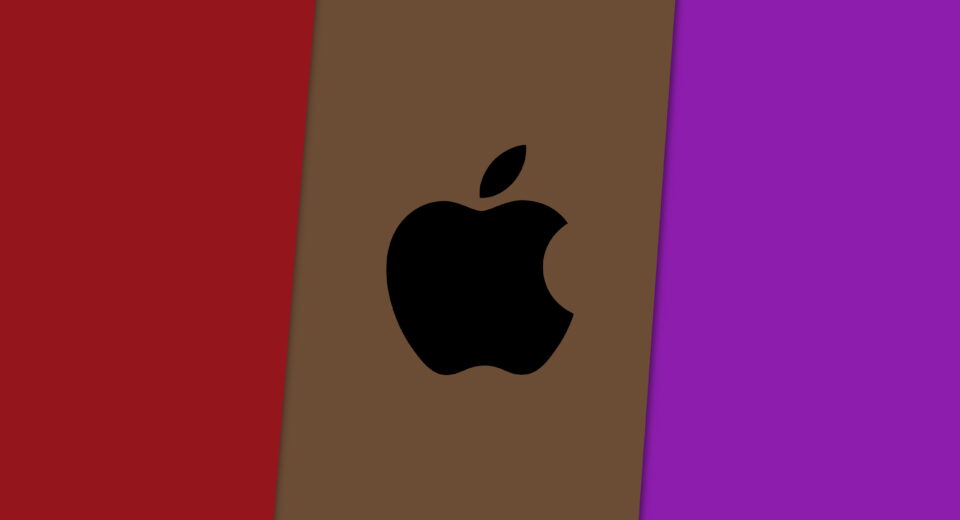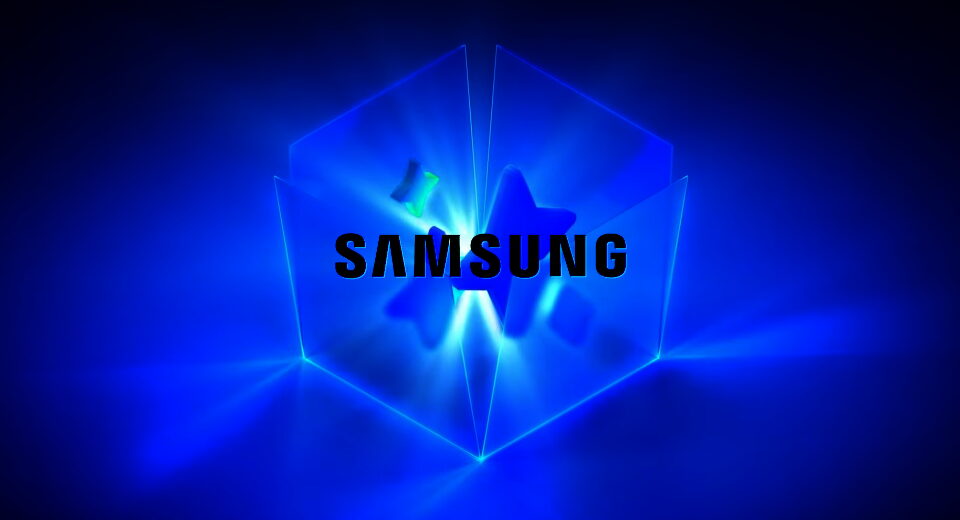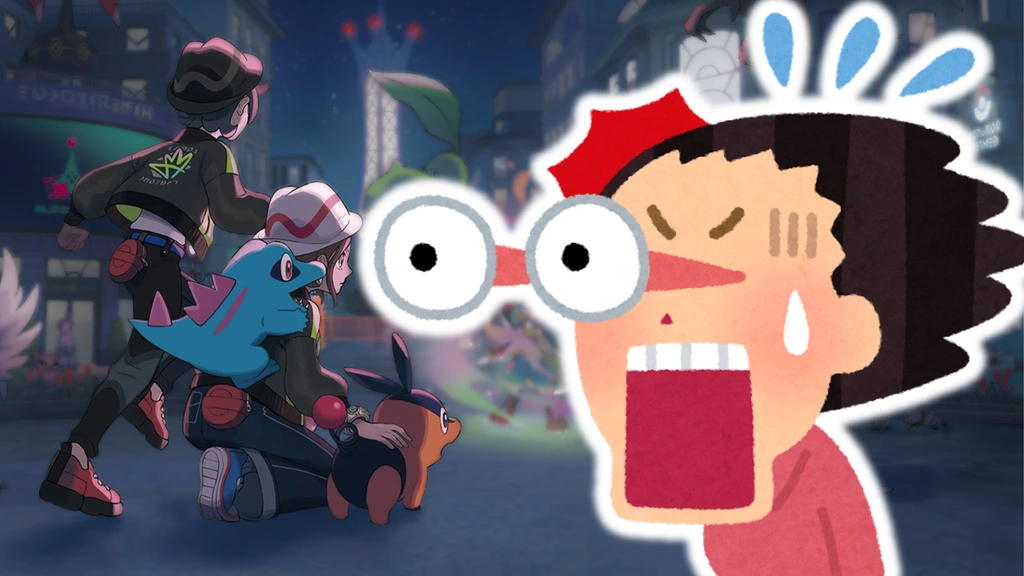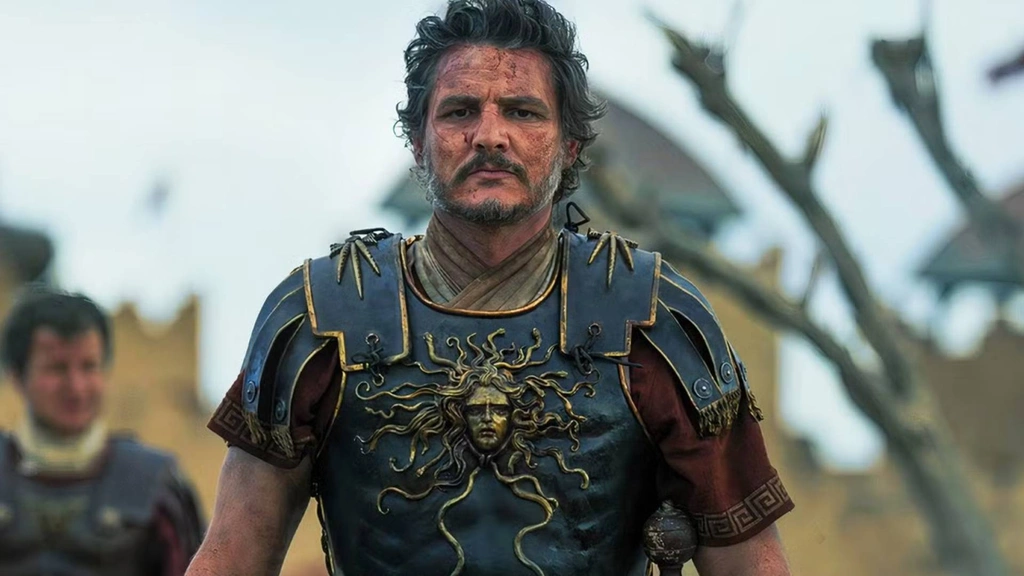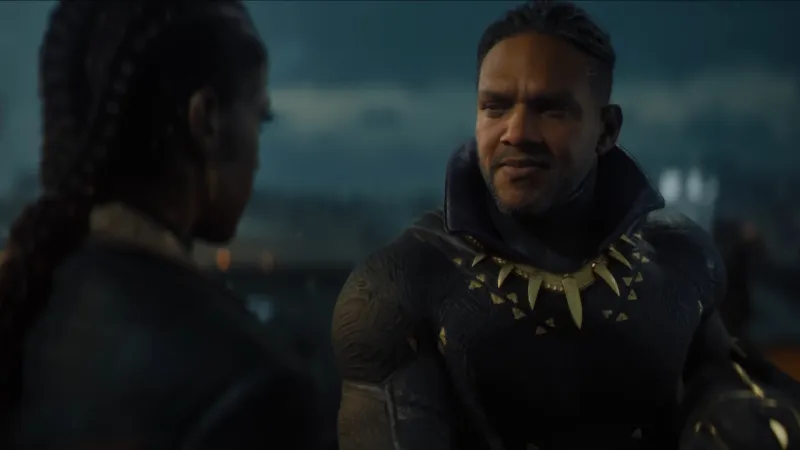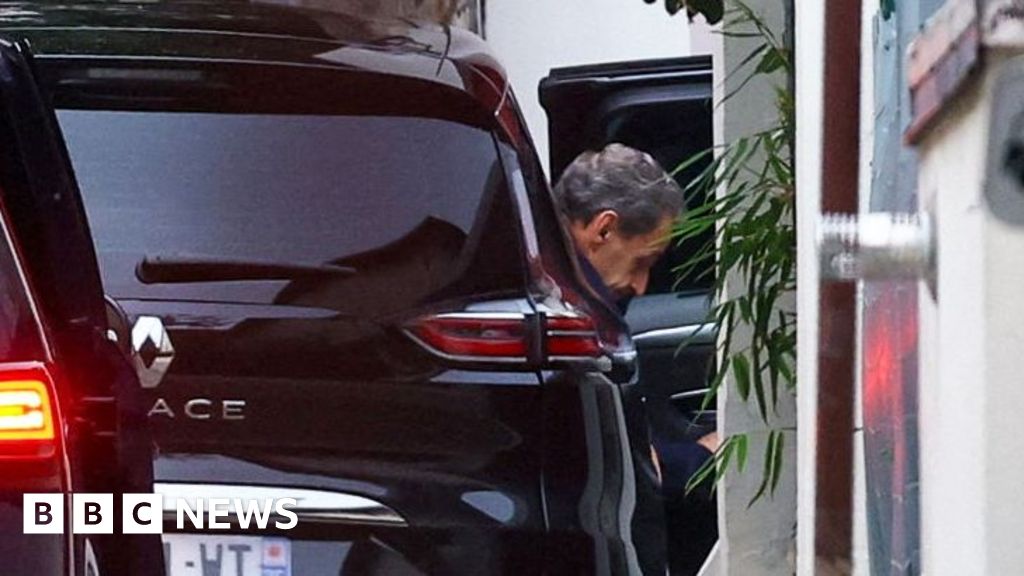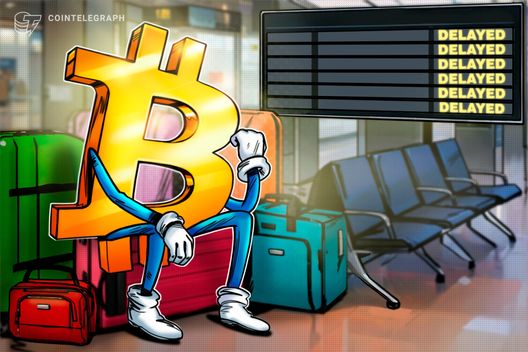Katie Razzall: A seismic moment that shows rift at top of BBC
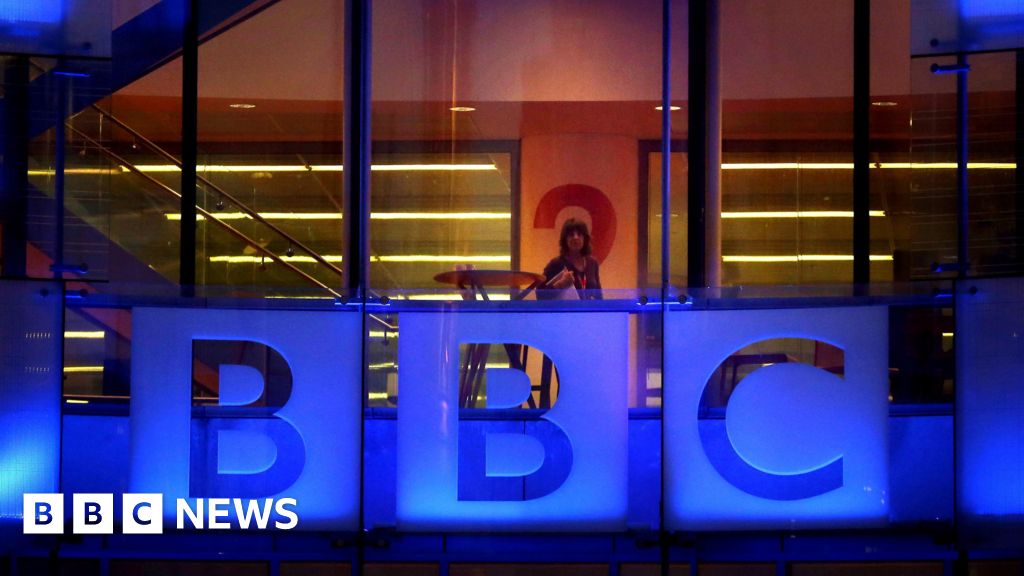
Katie Razzall: A seismic moment that shows rift at top of BBC
Katie RazzallCulture and Media Editor
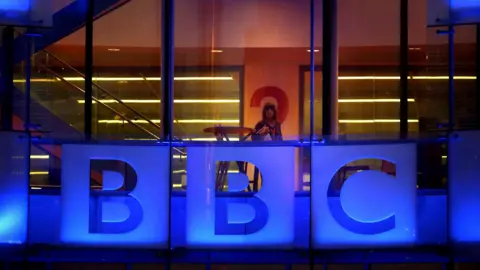 Getty Images
Getty ImagesThis is seismic. To lose both the director general and the CEO of BBC News at the same time is unprecedented. It's an extraordinary moment in the history of the BBC.
It can't be underestimated.
On the face of it, Tim Davie's resignation makes some sense.
I have wondered for some time whether he was weighing up how much longer he wanted to stay in a job that is highly pressurised.
There have been occasions when I have interviewed him this year, as the controversies mounted, and he didn't seem his usual Tigger-ish self.
In his resignation statement he referenced "the very intense personal and professional demands of managing this role over many years in these febrile times".
My assessment is that the latest controversy felt one too many after a succession of crises (two Gaza documentaries, the Bob Vylan Glastonbury issue amongst them) and he didn't have enough oil in the tank for another fight.
As former head of BBC comms, John Shield put it to me "the DG job is one of the hardest in public life".
"It has been relentless for him. He is a very capable leader who has driven real change, but at some point it becomes unsustainably attritional."
I'm told there was still real shock when Tim Davie shared his decision with colleagues over the weekend.
Deborah Turness' statement makes clear she has resigned on a point of principle. With the ongoing controversy around the President Trump Panorama causing damage to the BBC, she said "the buck stops with me - and I took the decision to offer my resignation to the director general last night".
But, as with any resignation, and certainly with two, I can't help thinking there is more to this than meets the eye. And there is another story emerging about the functionality and make up of the BBC Board and its role in what has happened.
It appears there has been a rift between the Board and the news division with some arguing the BBC has, for too long, failed to address institutional bias inside the BBC and others questioning whether what's unfolded has been an orchestrated - and politicised - campaign against the corporation which has claimed two big scalps.
For the best part of a week, since the Telegraph first broke its story, I haven't been able to understand why the BBC did not get on the front foot in the face of a deluge of damaging headlines about claims of systemic bias.
It needed to divide the allegations into two distinct stories.
The first, about the edit of the Trump speech in the Panorama programme, needed addressing immediately. Either with a swift apology - or indeed a case made for why the BBC believed it had not mischaracterised the president's words.
That would have allowed the BBC to come out fighting more widely on behalf of its journalism. Remember, it was being accused of institutional bias. Of a lack of impartiality. Accusations that cut to the heart of its news operation.
With an apology for the mistake around the Panorama (or a robust defence), it could have gone on to try to refute the other claims about institutional bias.
It could have said that the BBC had already been taking action to ensure editorial impartiality, and had already acted, for example, on issues at BBC Arabic.
Instead the BBC allowed the story to fester - and we ended up in a situation where the Trump White House was calling the BBC "fake news" and it had some traction.
My understanding from multiple sources inside the BBC is that a statement on Panorama had been ready to go for days.
The BBC planned to say on the Trump edit that it hadn't intended to mislead the public, but that in light of looking at it again, it believed there should have been some kind of white flash or wipe, to make clear to audiences that these were two distinct parts of the speech.
I understand Deborah Turness became more and more angry and frustrated as the week went on because she was prevented by the Board from putting out that apology.
Instead the BBC Board decided a letter to the Culture Media and Sport Committee was the way to go.


Many, both inside and outside the BBC, see the failure to respond as a grave mistake. The Telegraph's drip feed of allegations was damaging - and the BBC wasn't tackling them head on.
I have been told that Turness then went into a board meeting on Thursday to discuss the crisis around the Telegraph stories and was "ripped apart", as some have described it.
Those who have called the BBC's journalism into question would call that accountability.
But another source characterised it as the culmination of a "relentless critique of BBC journalism over two years by members of the Board and advisers - all of whom come from same political persuasion".
They point to Robbie Gibb, a former BBC editor who left to become Downing St director of communications for Theresa May and who is now a member of the Board.
The former Sun editor, now BBC presenter David Yelland has called it "nothing short of a coup". He claims the BBC Board has been undermined and "elements close to it have worked with hostile newspaper editors, a former PM and enemies of public service broadcasting".
But another former Sun editor, Kelvin MacKenzie, had a very different take. Speaking on the BBC News Channel, he said the resignations were "the right thing to do - this was an issue that was never going away".
The editing of the speech, he said, could have led to Trump suing or the BBC being banned from the White House. "If you can't be trusted on that [the speech of the US president] what can you be trusted on?" he said.
And the US president himself has weighed into the debate for the first time. In a post on his Truth Social platform, he celebrated the resignations and accused the BBC of "doctoring" his speech and "trying to step on the scales of a presidential election".
I'm struck by a line in Tim Davie's statement. He said this about the BBC: "We should champion it, not weaponise it."
Tonight, some are asking whether the resignations of both the director general and the CEO of News suggests the BBC has been weaponised.
What's Your Reaction?
 Like
0
Like
0
 Dislike
0
Dislike
0
 Love
0
Love
0
 Funny
0
Funny
0
 Angry
0
Angry
0
 Sad
0
Sad
0
 Wow
0
Wow
0
